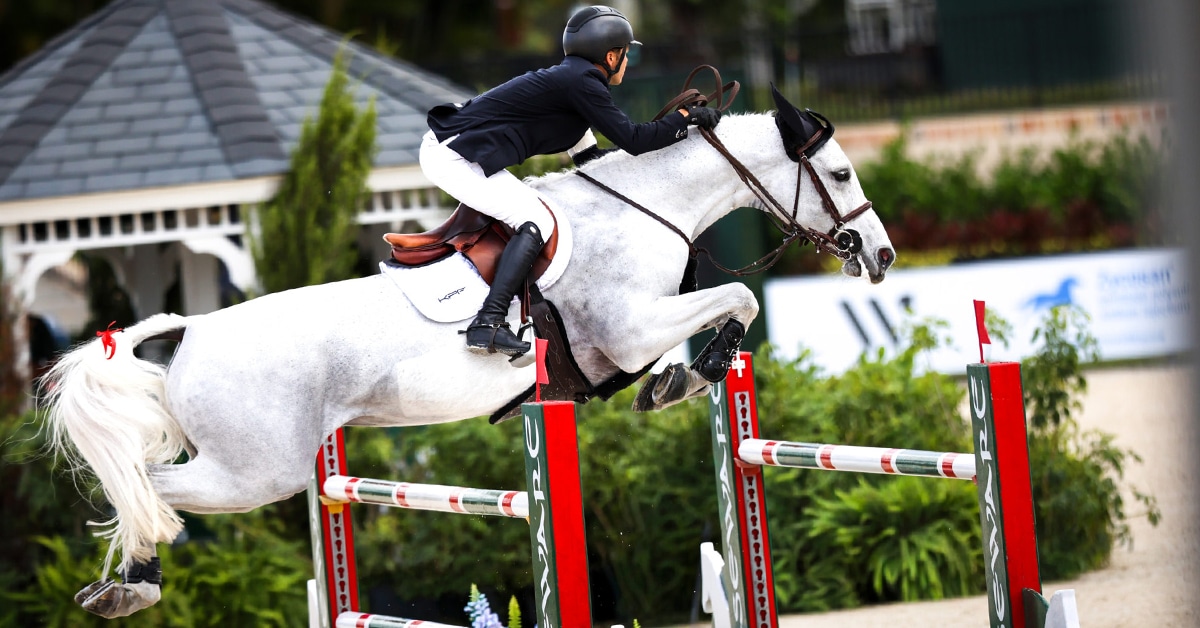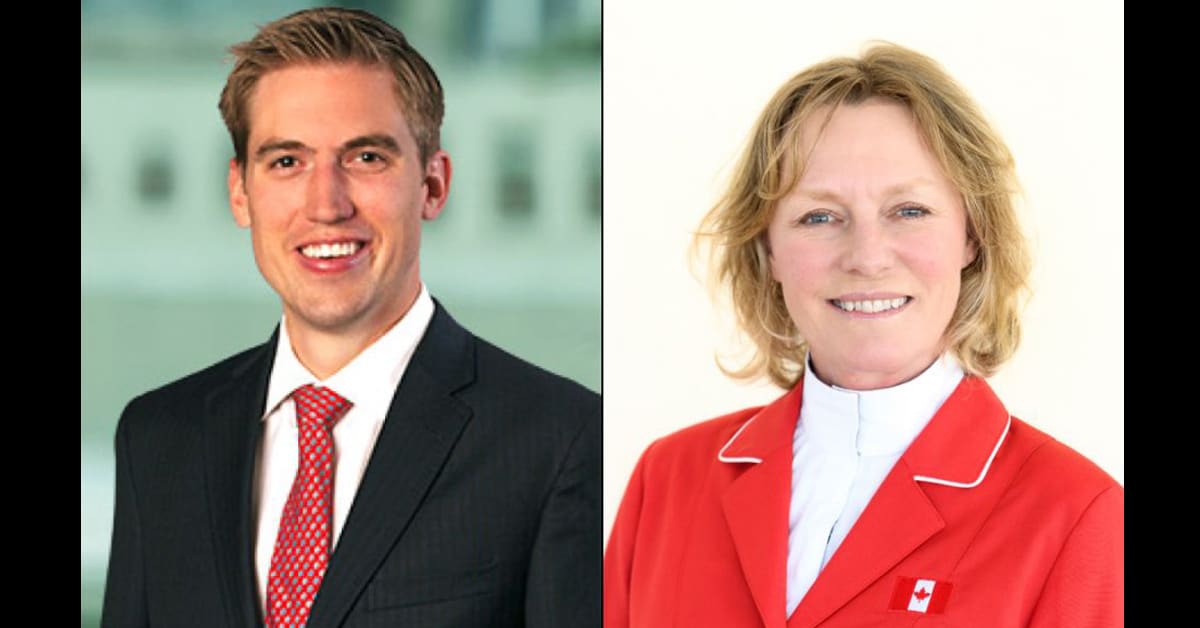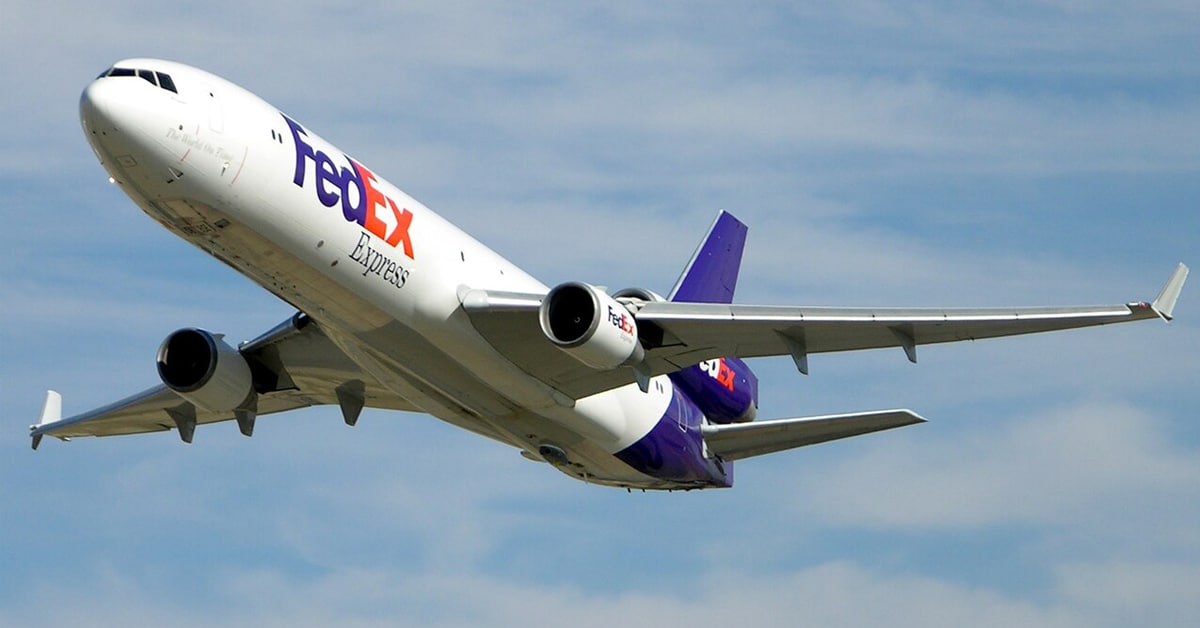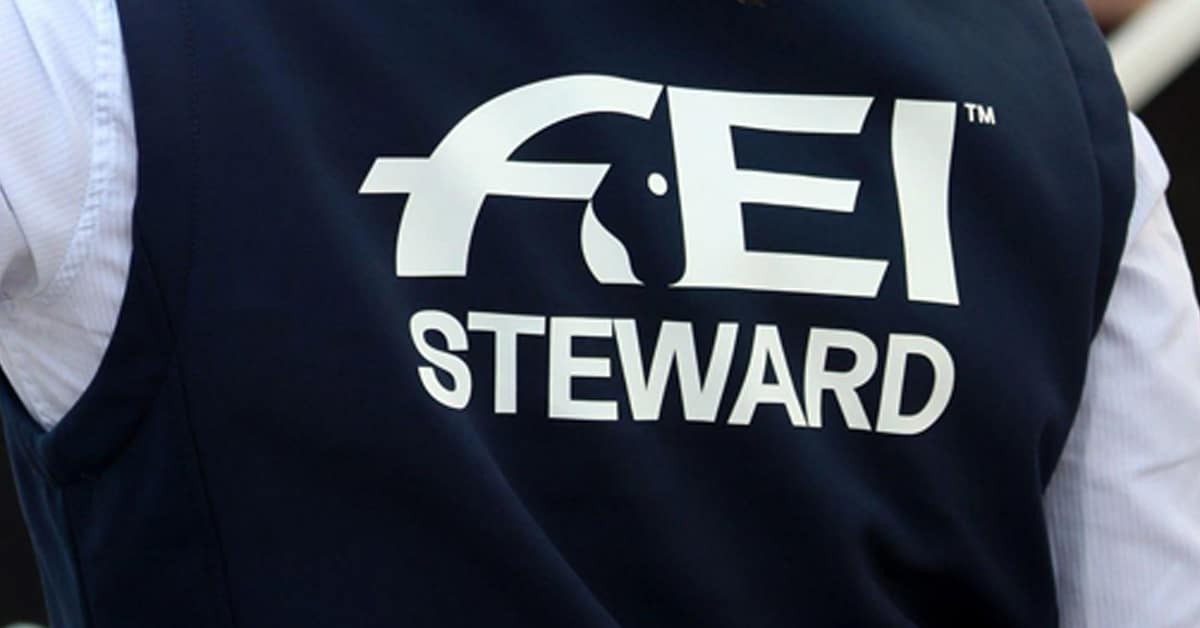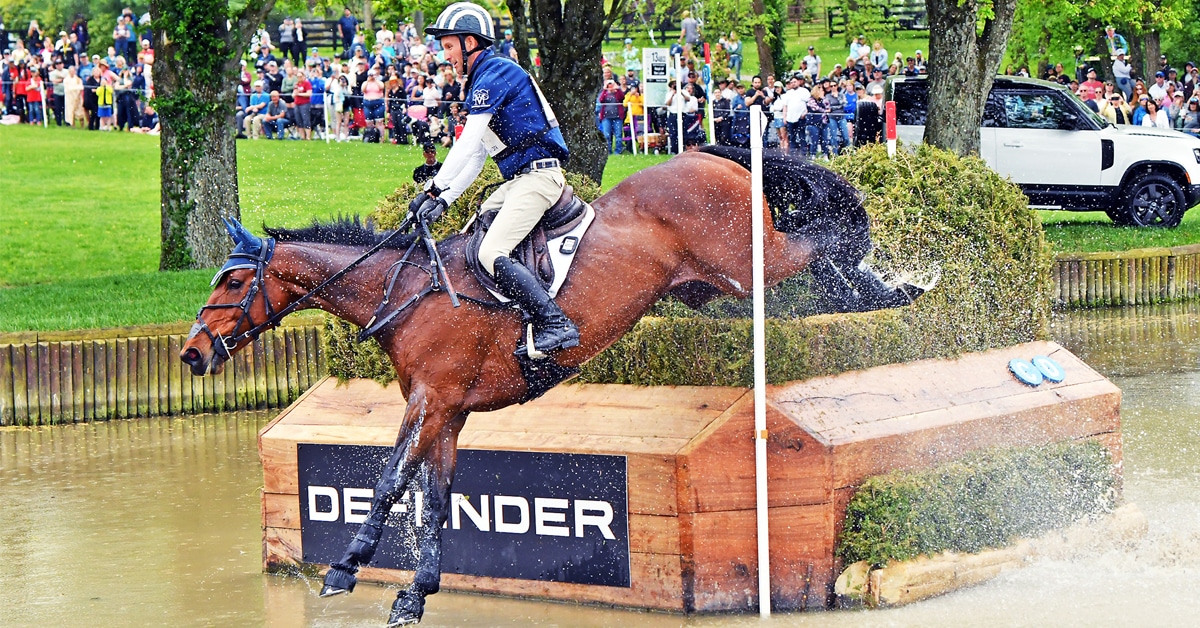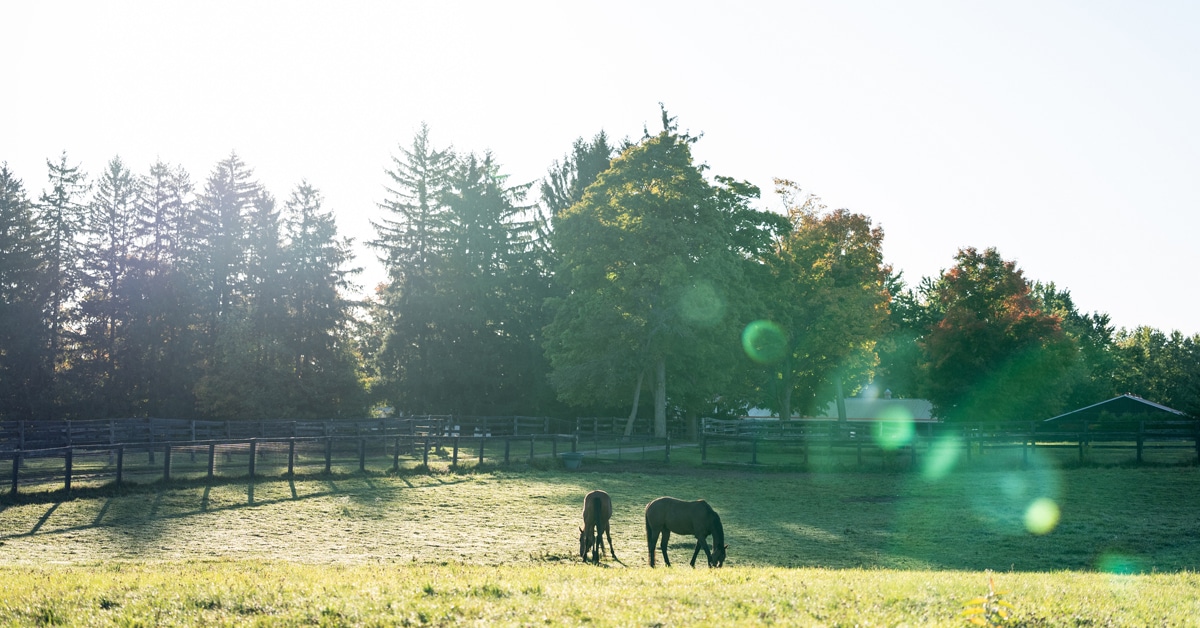Equestrian Australia (EA) has reassured its eventing community that it is working to make the sport safer, as further concerning evidence about the deaths of young riders Caitlyn Fischer and Olivia Inglis were aired at an inquest in Sydney.
EA chief executive CEO Lucy Warhurst, in post since the end of 2018, was due to attend horse trials at Gundagai this weekend (May 25-26) to talk to stakeholders. She issued this letter to members after the inquest was adjourned on Friday.
She wrote of the “challenging, confronting and emotional” coronial process for many in the equestrian community. The letter sets out the measures EA has taken since the girls’ deaths at spring events in 2016. These include enhanced training for officials; new minimum standards for medics and mandatory presence of a doctor throughout the event; compulsory use of frangible devices at FEI 2* and above; use of the EquiRatings system to monitor any decline in a horse or rider’s performance; and appointment of a full-time EA national safety officer, previously a part-time role.
The inquest was originally slated to run two weeks, but New South Wales Deputy State Coroner Derek Lee did not manage to complete. He will reconvene on July 22nd.
The case has attracted enormous coverage in Australian mainstream media, with yesterday’s headlines devoted to the “obstruction” EA’s own investigator was then subjected to by EA itself. Samantha Farrar said key findings and recommendations were deleted from her report without consultation.
Mrs Farrar’s husband is the Equestrian New South Wales CEO and she herself has 30 years’ experience in workplace health and safety. She said she was barred from speaking to riders and who had expressed concerns in 2015 about the same fence where Olivia’s horse fell.
Caitlyn’s mother Ailsa Carr said the eventual EA report contained “many errors of fact” – including such basic details as the day her daughter arrived at the venue.
A less than rigorous approach to medical provision at both Scone, where Olivia died in March 2016, and Sydney International, where Caitlyn died six weeks later, has been a feature of this inquest so far.
In week one, Charlotte Inglis described how she arrived at the fence to discover her daughter still had a pulse, but that medic David Keys did not seem to know how to use his equipment. She later learned medical cover at events was no longer supplied by the NSW St John Ambulance, but by a now defunct private company.
Military-trained Mr Keys said his equipment was inadequate – Olivia had a collapsed lung, but the canula was not long enough, and no advanced airway kit was available. When he had previously discussed concerns about on-board kit with his employer, he was told an upgrade was “cost prohibitive.” It took 20 minutes for a doctor to arrive – present as a rider, not as an official appointee.
At Scone, organising committee president Blair Richardson said he was not, in 2016, aware there were different levels of paramedic.
Outside the court, Mrs Carr – herself a nurse – told reporters she was astonished that medic provision at the Sydney event had not been strengthened after the Scone tragedy six weeks earlier.
Had Caitlyn not died instantly from serious head trauma, Mrs Carr said medics would have faced the same problems of inadequate equipment.
The second week of the hearing also began explosively, with Paul Tapner questioning the safety of the Scone fence.
Watch this clip below, from Nine News Australia for more:
More News
